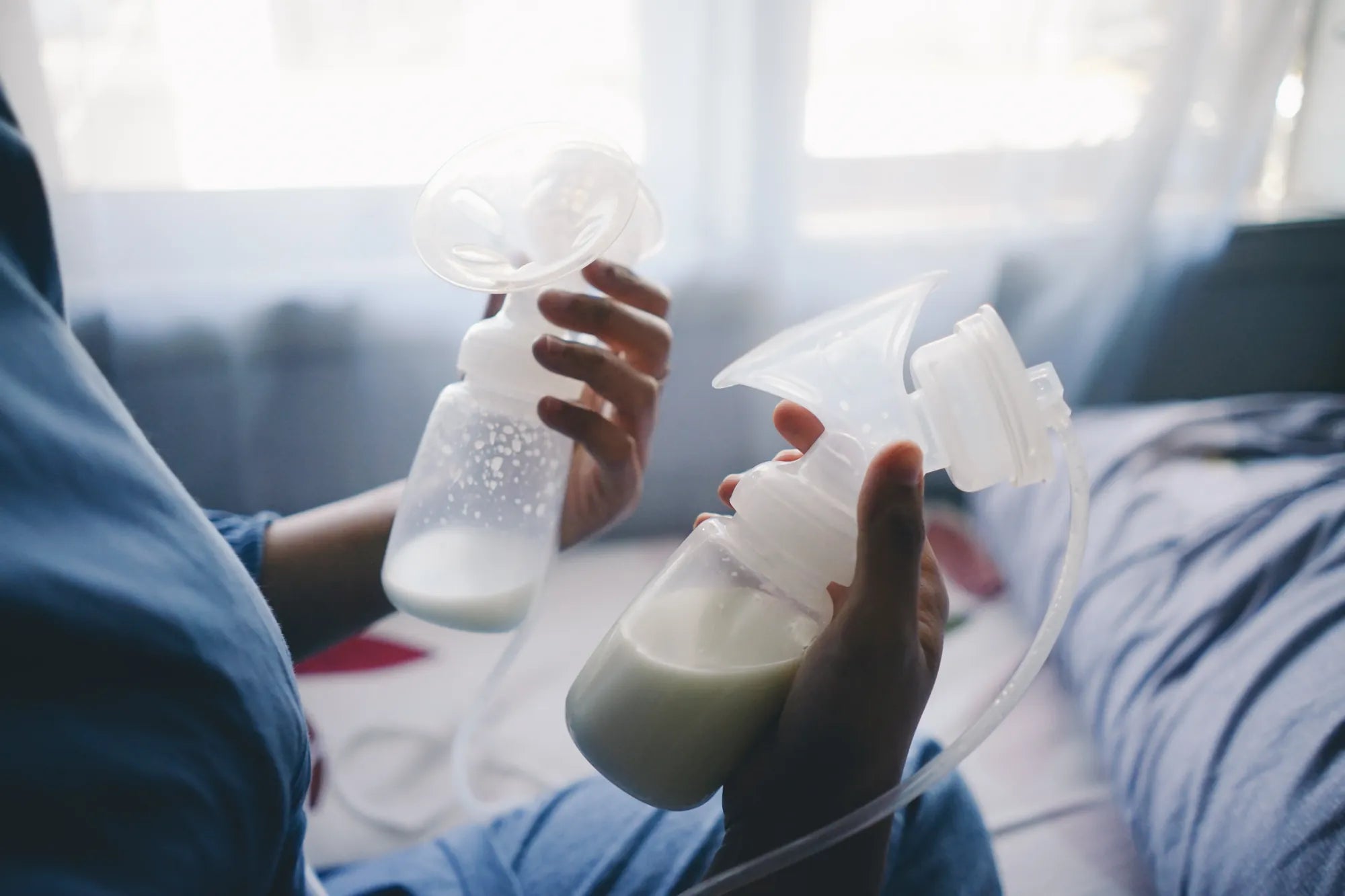Maison
Grossesse, allaitement et pompage : le guide ultime pour les mamans
Puis-je boire pendant que je tire mon sein ? Ce que vous devez savoir

Puis-je boire pendant que je tire mon sein ? Ce que vous devez savoir
L’allaitement maternel et le tirage du lait sont des étapes cruciales du parcours d’une mère, et nombreuses sont les femmes qui s’interrogent sur la sécurité de la consommation d’alcool pendant cette période. La question « Puis-je boire de l’alcool en tirant mon lait ? » est fréquente, et la réponse nécessite une bonne compréhension des effets de l’alcool sur le lait maternel et le bébé. Cet article abordera les points essentiels, les risques et les recommandations pour vous aider à prendre des décisions éclairées.
Comprendre l'alcool et le lait maternel
Lorsqu'une mère consomme de l'alcool, celui-ci passe dans son sang et peut se retrouver dans son lait maternel. La concentration d'alcool dans le lait maternel est similaire à celle du sang et atteint son maximum environ 30 à 60 minutes après la consommation. Cela signifie que si vous buvez de l'alcool pendant que vous tirez votre lait, votre bébé pourrait y être exposé par le biais du lait.
Combien de temps l'alcool reste-t-il dans le lait maternel ?
Le temps nécessaire pour que l'alcool soit éliminé du lait maternel dépend de plusieurs facteurs, notamment la quantité consommée, votre poids et la vitesse à laquelle votre corps métabolise l'alcool. En moyenne, il faut environ deux à trois heures pour qu'un verre standard soit complètement éliminé. Ce temps augmente proportionnellement à la quantité d'alcool consommée.
Risques potentiels liés à la consommation d'alcool pendant l'expression du lait maternel
L'exposition de votre bébé à l'alcool par le biais du lait maternel comporte plusieurs risques. L'alcool peut perturber son sommeil, son développement moteur et sa croissance. Il peut également réduire la production de lait et interférer avec le réflexe d'éjection, rendant ainsi l'allaitement plus difficile.
Conseils pour boire pendant l'expression du lait maternel
Si vous choisissez de consommer de l'alcool pendant que vous tirez votre lait, vous pouvez prendre certaines précautions pour minimiser les risques. Planifiez soigneusement vos séances de tirage, en laissant suffisamment de temps à l'alcool pour être éliminé de votre organisme avant de nourrir votre bébé. Vous pouvez également tirer votre lait et le conserver avant de consommer de l'alcool, afin de garantir à votre bébé une production de lait adaptée.
Recommandations d'experts
De nombreux professionnels de santé recommandent d'éviter l'alcool pendant l'allaitement ou le tirage du lait, surtout durant les premiers mois. Si vous décidez de boire, la modération est essentielle. Limitez-vous à un verre standard et attendez au moins deux heures avant d'allaiter ou de tirer votre lait afin de réduire les risques d'exposition à l'alcool.
Options alternatives
Si vous vous inquiétez des effets de l'alcool sur votre lait maternel, pensez aux alternatives. Les boissons sans alcool peuvent vous offrir une expérience sociale similaire, sans les risques. De plus, une alimentation saine et une bonne hydratation favorisent la production de lait et contribuent au bien-être général.
Il est essentiel, pour votre santé et celle de votre bébé, de faire des choix éclairés concernant la consommation de boissons pendant l'allaitement. En comprenant les risques et en suivant les recommandations des experts, vous pourrez aborder cet aspect de la maternité avec sérénité. N'oubliez pas que le bien-être de votre bébé est primordial et que prendre des précautions peut contribuer à une expérience d'allaitement positive.
Partager


